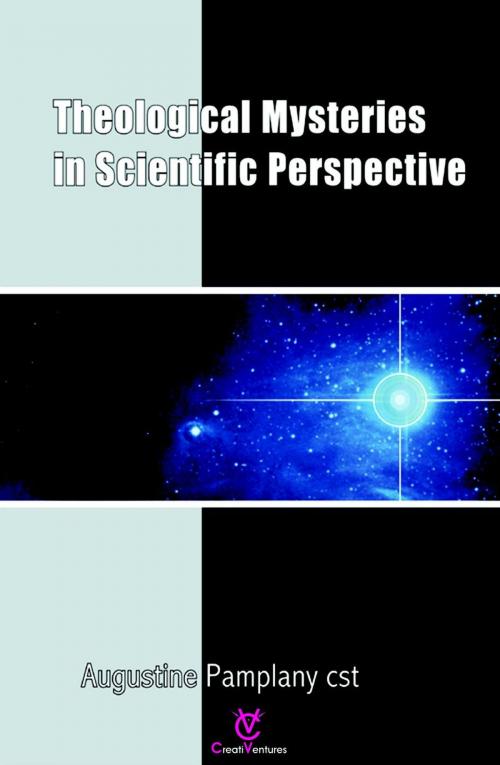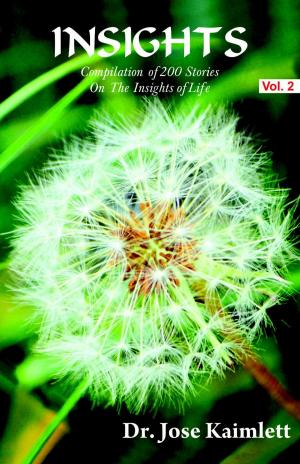Theological Mysteries In Scientific Perspective
Nonfiction, Religion & Spirituality, Theology, Christianity| Author: | Dr. Augustine Pamplany | ISBN: | 9781516393749 |
| Publisher: | CreatiVentures Publishing | Publication: | August 18, 2015 |
| Imprint: | Language: | English |
| Author: | Dr. Augustine Pamplany |
| ISBN: | 9781516393749 |
| Publisher: | CreatiVentures Publishing |
| Publication: | August 18, 2015 |
| Imprint: | |
| Language: | English |
The contemporary experience of the natural sciences envisages a very substantive and constructive interaction between science and theology. In tune with the global momentum of the science-theology interface, this book attempts to spell out some of the theological implications of the sweeping changes on the scientific scenario, revisioning several perennial theological themata, in physical, biological and cosmological categories. How to interpret the profound insights of the Christian revelation in a worldview that is almost imperialistically dominated by science? In a scientific culture, how do we still meaningfully talk of the Biblical conception of God creating the world? What are the natural, cosmic and secular implications of the summit points of Christian revelation like the Holy Trinity, the Incarnation, Eschatology, etc.? What are the scientific nuances of the theological vision of the human nature as imago Dei? These are some the questions addressed in the book.
The contemporary experience of the natural sciences envisages a very substantive and constructive interaction between science and theology. In tune with the global momentum of the science-theology interface, this book attempts to spell out some of the theological implications of the sweeping changes on the scientific scenario, revisioning several perennial theological themata, in physical, biological and cosmological categories. How to interpret the profound insights of the Christian revelation in a worldview that is almost imperialistically dominated by science? In a scientific culture, how do we still meaningfully talk of the Biblical conception of God creating the world? What are the natural, cosmic and secular implications of the summit points of Christian revelation like the Holy Trinity, the Incarnation, Eschatology, etc.? What are the scientific nuances of the theological vision of the human nature as imago Dei? These are some the questions addressed in the book.















